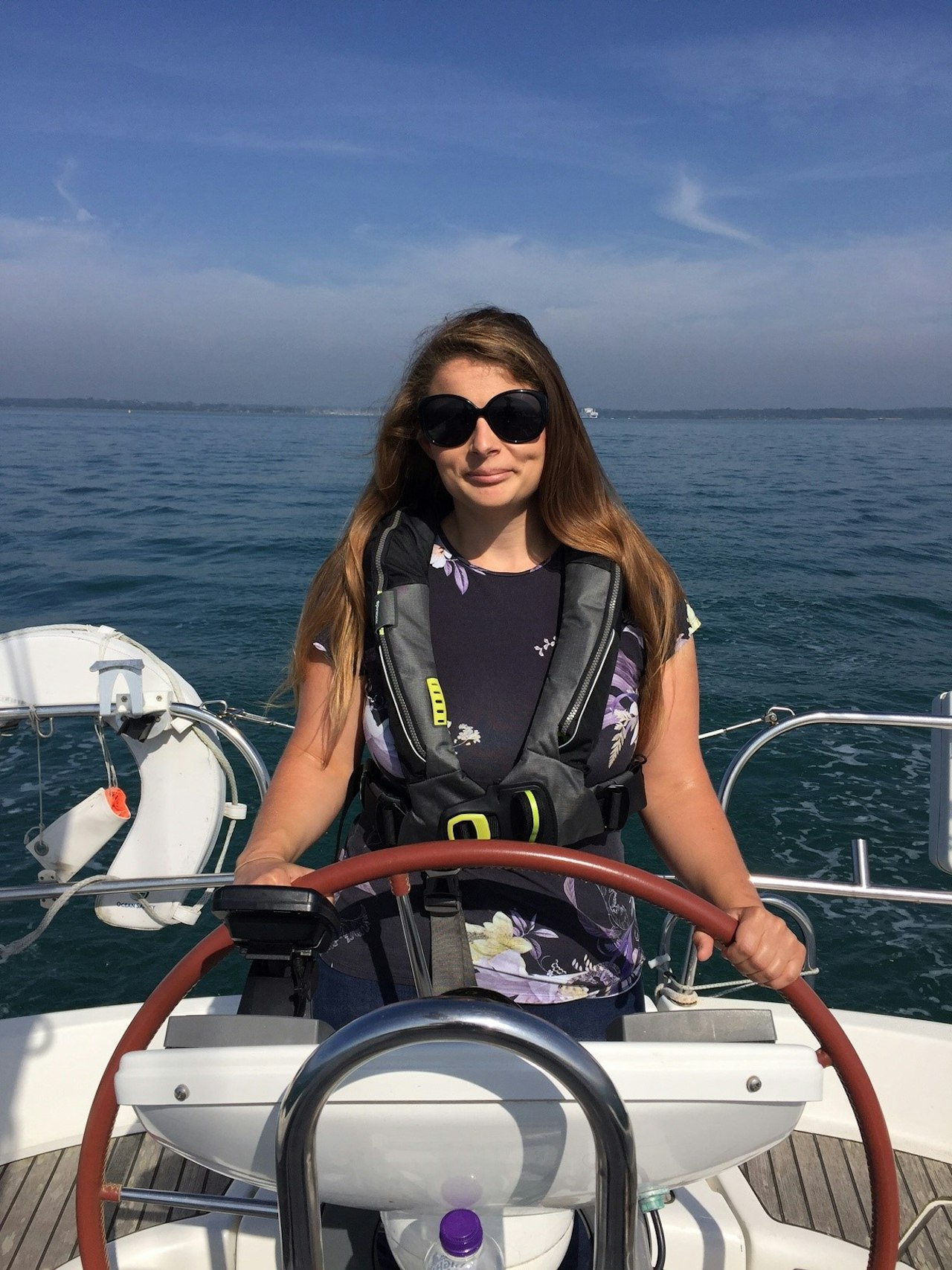
MDE Profiles: Charlotte Oliver

Charlotte Oliver
ABPmer, GIS Analyst
Personal Profile
I’ve always been fascinated by water and the marine world. Our oceans are the most important ecosystem for diversity of life, driving and influencing so many aspects of our lives, from carbon sequestration and weather patterns to the role of fisheries. I’m delighted to be able to play my part in supporting the sustainable use of marine resources and ensuring provision of high-quality datasets through ABPmer’s role in quality assuring the data held on the Marine Data Exchange.
Outside of work I like to be out on the water, sailing with family around the Solent or racing in local club events. I have got RYA Level 2 Powerboat Handling and RYA Day Skipper qualifications. However, my favourite place to be is skiing in the mountains.
Favourite hobbies: Skiing, sailing, netball, dog walking and cooking
Party trick: I can beat most people at an arm wrestle!
Favourite marine creature: Bottlenose dolphin
2 truths & a lie:
- I’m left handed
- I’ve run the New Forest marathon
- I tried to re-name myself at my own christening
Careers Profile
I have been working at ABPmer for 7 years as a GIS analyst in the Data Team. My role is focused on providing data analysis, figure production and data management services across the whole range of ABPmer service areas – including the quality assurance and data management of reports and datasets held on the Marine Data Exchange.
LinkedIn Profile: https://www.linkedin.com/in/charlotte-oliver-5137b998/
Responsibilities: A large part of my role is providing quality assurance of offshore renewables survey data, using data management skills and knowledge of MEDIN data guidelines and metadata standards. In addition, I provide GIS support on a range of projects, including environmental impact assessment studies, managed realignment, asset management, marine planning and marine licencing projects.
Why did you choose this career?: I’ve always had a strong interest in the marine world and the impact of humans on the marine environment. My role gives me a chance to continue to learn about a diverse range of marine habitat and management issues, while being able to work with some complex data analysis software and tools.
What do you love about your job?: I like the opportunity to apply a quantitative and data-orientated skillset in the context of marine sector studies and projects. There is such a wide range of different types of project on at any particular time and I’m fortunate to have lots of opportunity to analyse, present and quality assure some very interesting datasets and reports.
What do you find challenging about your work?: Managing different deadlines can be challenging and means that I have to be very organised. As part of the quality assurance process there are lots of different types of data which need to be checked against various guidelines. I have to ensure that I am up-to-date with the latest guidelines and careful and precise to pick everything up.
Skills: I am experienced in handling large datasets, spatial analysis and map production within ArcGIS. From my degree I gained experience in collecting physical and ecological data and subsequently have been involved with a number of field surveys at ABPmer.
Career Pathway: I completed a 4-year integrated masters in Oceanography at the University of Southampton, before joining ABPmer as a Research assistant. I was subsequently offered a permanent role as a GIS Consultant in the ABPmer Data Team, where I currently work. Since joining ABPmer, my role has broadened from focusing on offshore renewables data quality assurance to encompass a range of other GIS analysis and wider data management processes in support of the broad range of marine and coastal research and technical activities that ABPmer is involved with.
Advise to someone looking to move into the marine sector: It’s important to gain practical experience of working with the software tools that are used in the marine sector. For my role, knowledge of how to use GIS tools is important and most undergraduate courses in related subjects will offer opportunities to learn to use this type of software. The project-based nature of the marine sector suits people who are organised and methodical, so being able to show experience of managing different workstreams concurrently and contributing to the delivery of a complex project can be helpful for those wanting to get into the sector.

